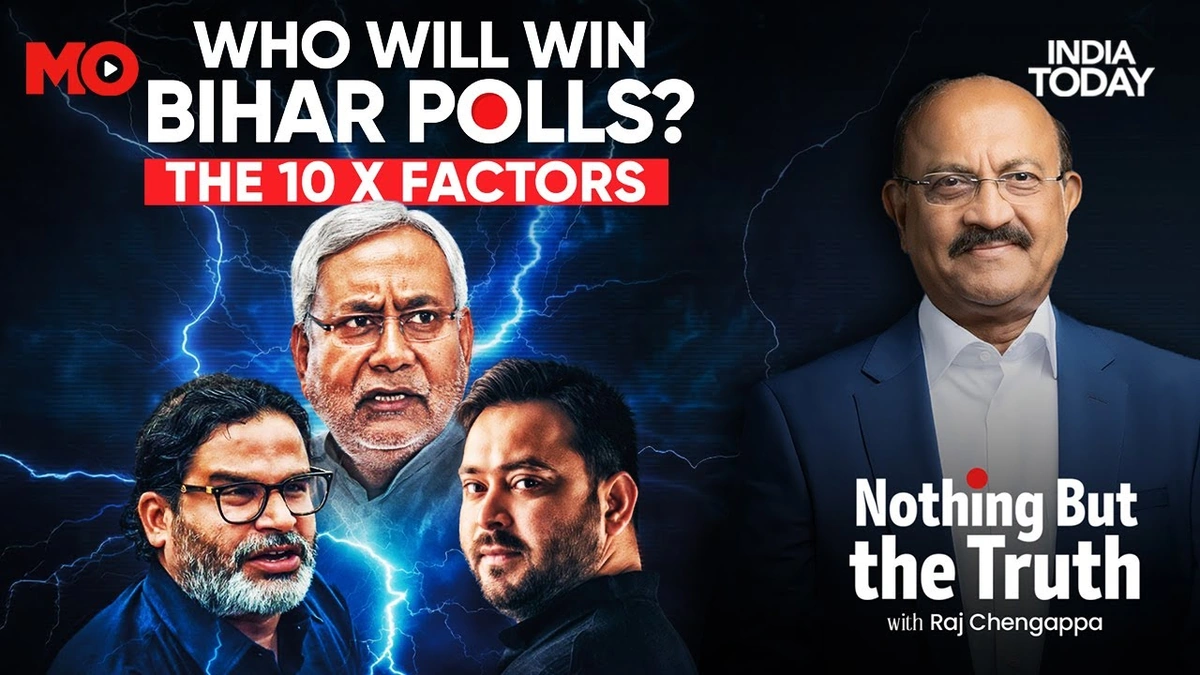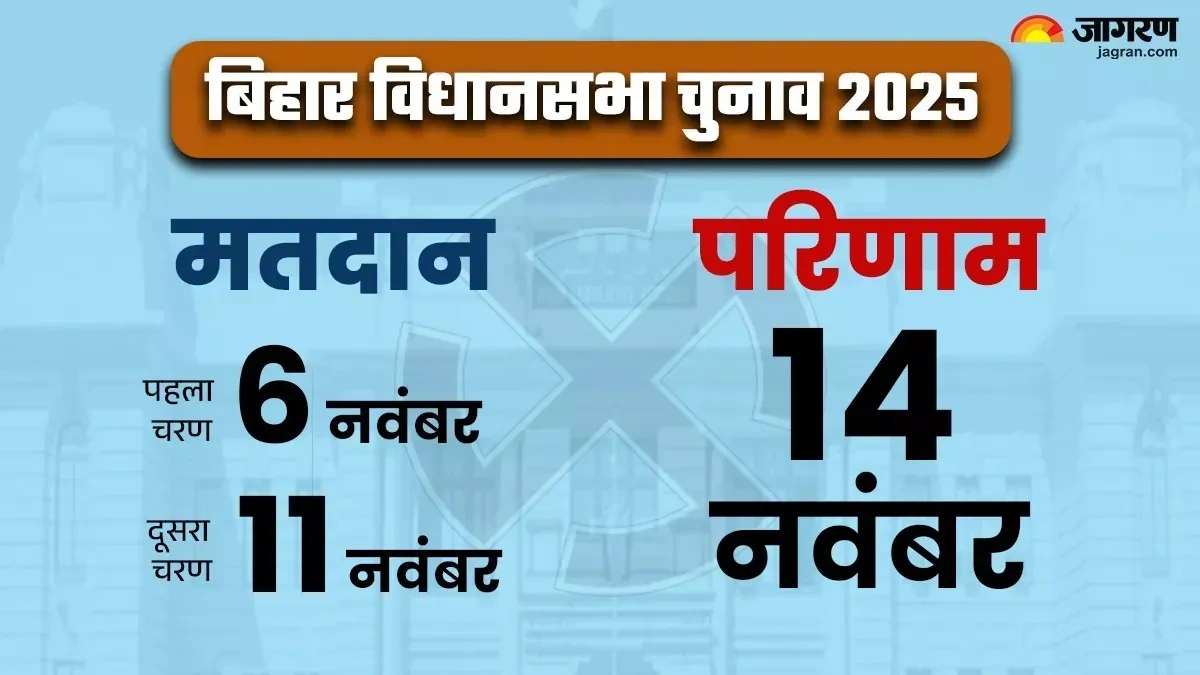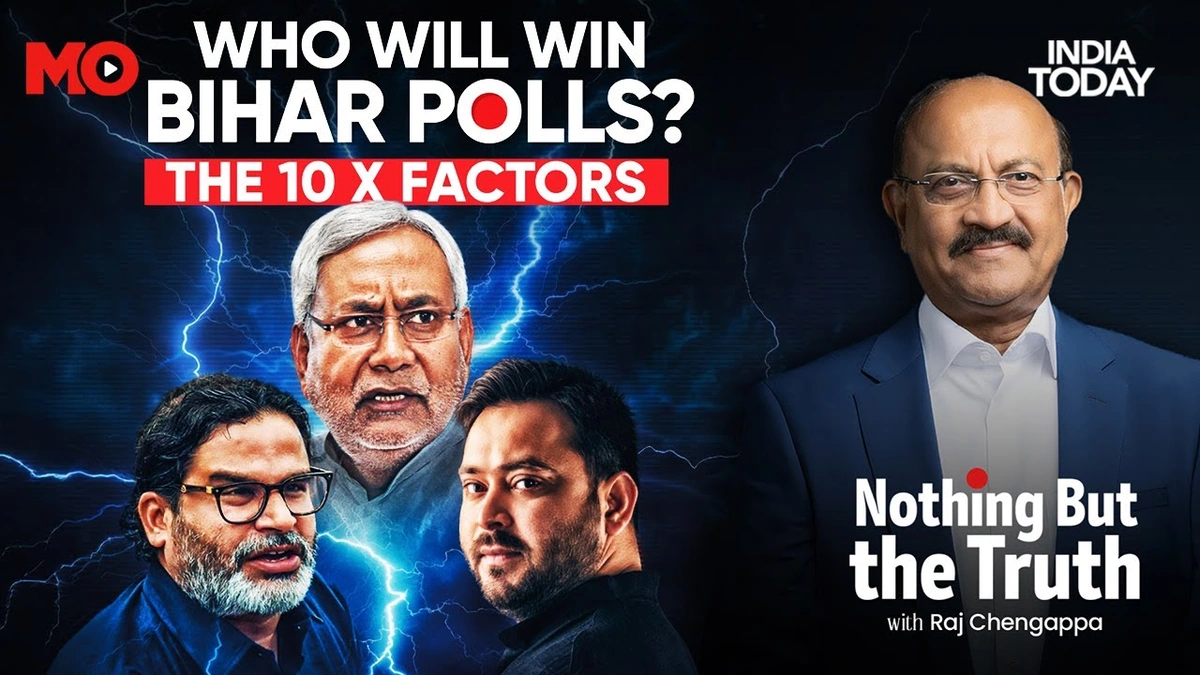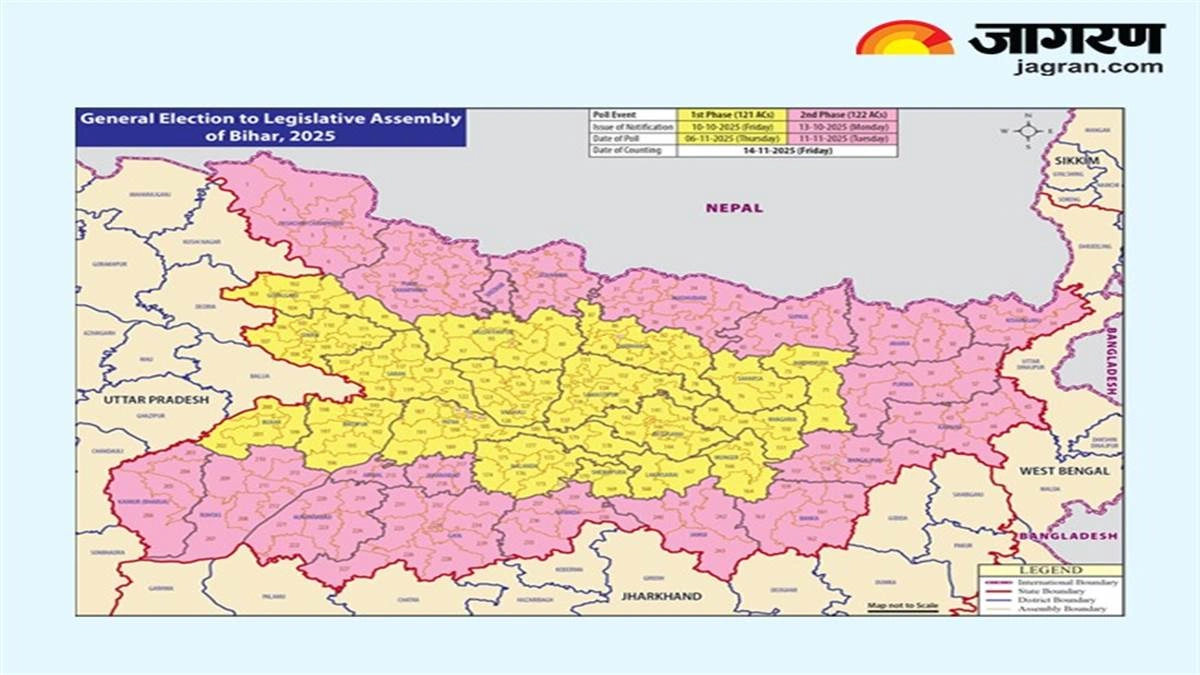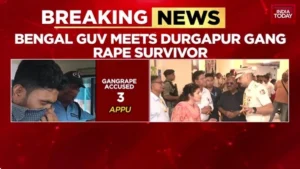Bihar Elections | Political Ads to be Pre-Certified; Candidates Must Disclose Social Media Accounts
Elections in India are a grand affair, aren’t they? From the vibrant rallies to the catchy slogans, it’s a whirlwind of democracy in action. But what about the stuff we see online – the political ads flooding our social media feeds? Well, buckle up, because things are about to get a whole lot more transparent in the upcoming Bihar polls . The Election Commission has laid down some new rules, and they’re a game-changer.
Here’s the thing: political ads will now need to be pre-certified. Yep, before a candidate or party can blast their message across Facebook, Twitter, or Instagram, it needs to get the green light from the authorities. And that’s not all – candidates will also have to disclose their social media accounts. What fascinates me is how this will impact the digital battlefield during the Bihar assembly election .
Why This Matters | Leveling the Digital Playing Field
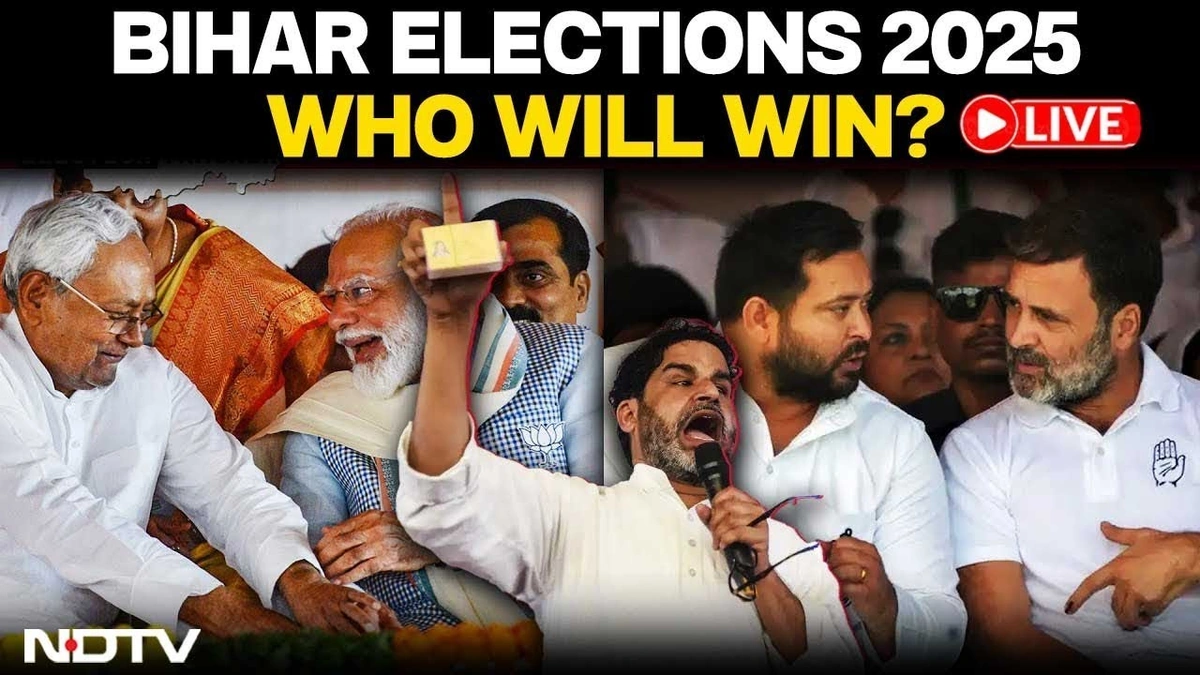
Let’s be honest, the internet can be a bit of a wild west, especially during elections. Misinformation spreads like wildfire, and it’s often tough to know what’s real and what’s not. That’s precisely why this move by the Election Commission is so crucial. It’s about creating a level playing field where voters can make informed decisions based on facts, not just carefully crafted narratives – or worse, outright lies.
But it goes deeper than that. Think about it: pre-certification means that ads will be scrutinized for things like hate speech, communal disharmony, and anything that violates the Model Code of Conduct. This is vital for maintaining peace and order during the election process. The goal is to promote ethical campaigning, ensuring that the focus remains on policy and governance rather than mudslinging and divisive tactics.
And the disclosure of social media accounts? That’s about accountability. It ensures that candidates can’t hide behind fake profiles or anonymous accounts to spread propaganda. What I initially thought was a simple requirement, then I realized it’s about tracking the sources of information and holding individuals responsible for their online behavior. This could significantly curb the spread of fake news and malicious campaigns. According to the Election Commission, the rules apply to all forms of political advertising, including those on websites, social media platforms and apps.
The “How” | Navigating the New Rules for Political Advertising
So, how will this actually work? For candidates and parties, it means a few extra steps before launching their online campaigns. First, they’ll need to submit their ads to a designated media certification and monitoring committee (MCMC). This committee will review the content to ensure it complies with the rules and regulations. Then, if all goes well, the ad gets certified, and only then can it be published online. A common mistake I see people make is assuming that old ads are grandfathered in – nope, everything needs to be re-certified!
For us voters, it means being more aware and critical of the information we consume online. It’s about taking a moment to question the source, verify the facts, and not blindly believe everything we see on social media. This is particularly crucial for first-time voters who may be more susceptible to online influence. The Election Commission has also launched various awareness campaigns to educate voters about these new rules and the importance of responsible online behavior during elections.
Furthermore, platforms like Facebook, Twitter , and Google are also expected to play a more active role in identifying and flagging potentially problematic ads. This collaborative approach – involving the Election Commission, candidates, and social media companies – is essential for ensuring the integrity of the electoral process.
The Emotional Angle | Trust and Transparency in a Digital Age
That moment of frustration when you see a blatantly biased ad popping up on your feed… We’ve all been there. It erodes trust, doesn’t it? But these new rules offer a glimmer of hope. They signal a move towards greater transparency and accountability, which can help restore some of that lost trust. It’s about feeling confident that the information we’re seeing is, at the very least, vetted and verified.
But it’s not just about trust in the system. It’s also about feeling empowered as a voter. When we have access to accurate information, we can make informed decisions and participate more meaningfully in the democratic process. This can lead to a greater sense of ownership and responsibility, strengthening the foundations of our democracy.
The one thing you absolutely must double-check before sharing any political content online? Its source. Is it a reputable news outlet, or some random website with an agenda? The more informed we are, the better we can resist manipulation and contribute to a healthier online environment. Let’s make these Bihar elections a landmark for digital responsibility, shall we?
Challenges and the Road Ahead for Bihar Polls
Now, let’s be realistic. Implementing these rules won’t be a walk in the park. There will be challenges, like identifying and removing all the problematic ads, especially in a country as diverse and multilingual as India. But the Election Commission is committed to making it work. The biggest hurdle will be in rural regions where internet access is limited. It might affect election campaigns in this area.
What fascinates me is how technology can be used to combat misinformation. Artificial intelligence (AI) and machine learning can play a crucial role in identifying fake news and hate speech. But it’s not just about technology – it’s about human oversight. We need trained professionals who can analyze the content and make informed decisions.
As per the guidelines mentioned in the information bulletin, the Election Commission is also exploring the possibility of using blockchain technology to ensure the integrity of the electoral process. This could potentially revolutionize the way we conduct elections in India, making them more secure and transparent.
The Final Verdict | A Step in the Right Direction
So, there you have it. The Election Commission’s decision to pre-certify political ads and require candidates to disclose their social media accounts is a bold move. Will it solve all the problems? Probably not. Is it a step in the right direction? Absolutely. It’s about creating a more transparent, accountable, and ethical digital landscape during elections. And that, my friends, is something worth celebrating.
Ultimately, the success of these new rules depends on all of us – the Election Commission, the candidates, the social media companies, and, most importantly, the voters. We all have a role to play in ensuring that the Bihar polls are free, fair, and informed. Let’s embrace these changes and work together to build a stronger, more vibrant democracy. Also, let us not forget that election commission guidelines must be abided by to avoid serious consequences.
FAQ Section
What happens if a candidate doesn’t disclose their social media accounts?
Failure to disclose social media accounts could lead to disqualification from the election. So, it’s a pretty serious matter!
How long does the pre-certification process take?
The MCMC is expected to process applications quickly, but it’s best to submit ads well in advance to avoid any last-minute hiccups.
What kind of ads need pre-certification?
All political ads, including those promoting a candidate, criticizing an opponent, or advocating for a particular policy, need to be pre-certified.
What if I see an uncertified political ad online?
Report it to the Election Commission or the relevant social media platform. They’ll take action to remove it.
Where can I find the official guidelines for political advertising?
The guidelines are available on the Election Commission’s official website. I highly recommend checking them out for a more detailed understanding.
Are there any exemptions to the pre-certification rule?
Generally, no. All political ads need to go through the pre-certification process to ensure compliance with the regulations.
